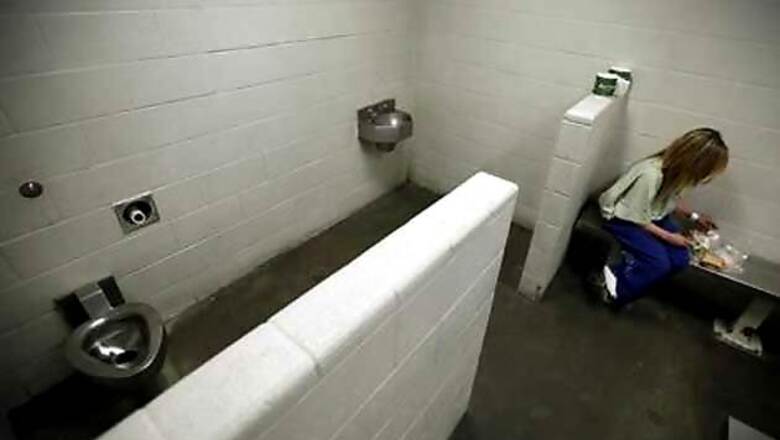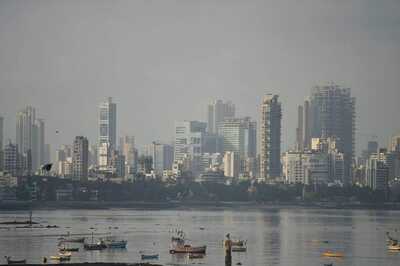
views
Solitary confinement of US prisoners can amount to torture, and California would be wrong to force-feed hunger-striking inmates protesting against the practice, a UN expert said on Friday.
Californian prisoners launched a hunger strike on July 8 to demand an end to the housing of inmates in near-isolation for years on end because they are believed to be associated with gangs.
Juan E Méndez, the independent United Nations Special Rapporteur on torture, said the US government should abolish the use of prolonged solitary confinement under all circumstances.
"Even if solitary confinement is applied for short periods of time, it often causes mental and physical suffering or humiliation, amounting to cruel, inhuman or degrading treatment or punishment, and if the resulting pain or sufferings are severe, solitary confinement even amounts to torture," Méndez said in a statement.
Solitary confinement should only be used "in very exceptional circumstances, as a last resort, for as short a time as possible and with established safeguards in place" and under strict medical supervision.
About 80,000 US prisoners are in solitary confinement, including nearly 12,000 in California, said the statement issued by the Office of the High Commissioner for Human Rights.
Méndez was particularly concerned about California's Pelican Bay maximum security prison, which has more than 400 prisoners who have been in isolation for over a decade, with an average time in solitary of 7.5 years.
California's jails won federal court permission this week to force-feed hunger-striking inmates, even if they have signed orders asking not to be resuscitated. A prison health spokeswoman said on Tuesday there was no imminent need to do so.
As of Monday, 136 inmates were taking part in the strike.
Méndez said it was "not acceptable to use threats of forced feeding or other types of physical or psychological coercion against individuals who have opted for the extreme recourse of a hunger strike".
In many cases the inmates are isolated for 22-23 hours per day in cells measuring 8 by 12 feet (2.5 by 3.5 metres), with poor ventilation and no natural light, the statement said.
The comments by Méndez, a professor at the American University - Washington College of Law, are not binding on the United States, but his opinions could form the basis for debate at the United Nations.
The US record is due to be scrutinised in October by the UN Human Rights Committee, which monitors compliance with a landmark treaty on civil and political rights.
Méndez is himself a former torture victim from Argentina.



















Comments
0 comment